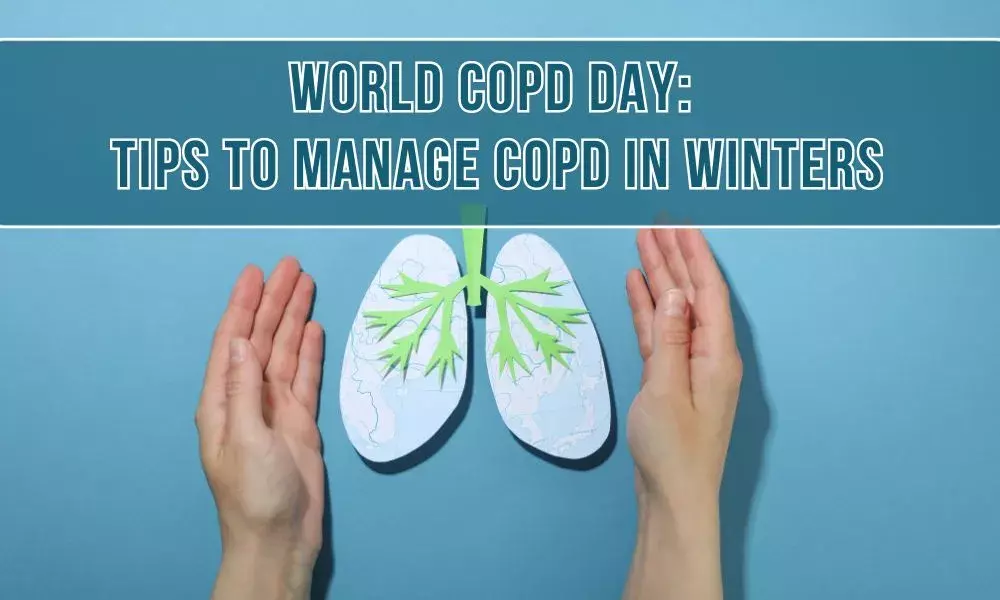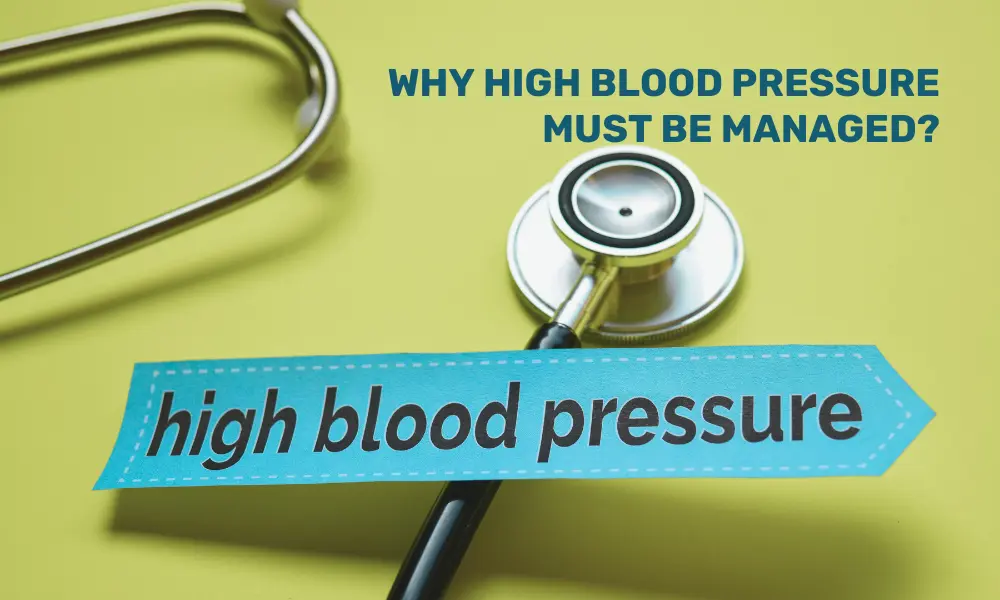November 15th is observed as World COPD Day. This day is dedicated to raising worldwide awareness about COPD (Chronic Obstructive Pulmonary Disease). COPD is a chronic condition and may worsen during winter without preventive measures.
What is COPD?
Chronic Obstructive Pulmonary Disease (COPD) is a chronic lung disease that makes it difficult to breathe seamlessly. It is accompanied by sneezing and coughing. One of the primary causes of COPD is long-term exposure to air pollution.
The symptoms of COPD may worsen during the winter months. Currently, there is no permanent cure for the disease, but early diagnosis can improve symptoms and help slow down the progression of the disease.
Winter Season Challenges for COPD patients:
The winter season can pose serious challenges for individuals with chronic obstructive pulmonary disease due to several reasons. Cold air can irritate the airways, causing bronchoconstriction and making it more difficult for COPD patients to breathe.
In addition, winter air tends to be dry, which can lead to dehydration of the airway mucous membranes. This can result in increased mucus production and difficulty clearing the airways.
The winter season is associated with a higher risk of respiratory infections like the flu and common cold. COPD patients are more susceptible to these infections, and they can exacerbate COPD symptoms.
Precautions for COPD Patients during winters:
Here are a few precautions for COPD patients to follow during winter so that the discomfort due to the weather may be reduced.
-
Dress in layers to keep warm, and include a scarf to cover the nose and mouth.
-
Breathe in warm, humidified air, as it can be less irritating to the airways.
-
Limit outdoor activities during extreme cold weather and indulge in outdoor activities during warmer parts of the day only, as this can mitigate the harsh effects of winter.
-
Drinking plenty of fluids and water can help prevent dehydration caused by the dry winter air, as it can help to keep mucus thin and easier to clear from the airways.
-
Good hand hygiene is vital in reducing the risk of respiratory infections.
-
Avoiding exposure to pollution.
Ensure compliance with medications and appropriate vaccinations, as this can help in the exacerbation of COPD.
Tips to manage COPD during winters
Here are five useful tips to manage COPD symptoms during the winter season.
Breathing through the nose can help: One must breathe through the nose instead of mouth when outside. Our lungs receive humidified and warm air with the help of moist surfaces present in our nasal passages. Thus, it is essential to breathe through our nose, especially in the case of COPD patients.
Avoid smoking: It is vital to avoid smoking and being around others who smoke. Smoking increases irritability and narrows the airways. For that matter, avoiding all sorts of fumes, be it inhaling cigarette smoke, biomass gas, or environmental air pollution, is a must. Breathing in fumes with cold air can severely worsen COPD symptoms.
Take medicine before stepping out: One must take a preventive dose of medicines before going out. A COPD patient must not forget to carry inhalers (prescribed by the doctor) wherever they go. They must also take flu shots after consulting their physician, as this can also help minimize COPD symptoms.
Use a humidifier: A humidifier generally adds moisture to the air and prevents dryness that may irritate many body parts, especially the airways. Thus, one must consider buying a good humidifier, as it will help manage COPD symptoms.
Do not forget to use a Mask: One must wear a cold-air face mask when going out. A cold-air mask is easily available at any chemist, and these are specially made to create a barrier around our mouth and airways to avoid cold air. If one cannot buy a cold-air face mask, it is advised to wear a warm scarf to cover the mouth and nose.
Despite all the above precautions, medical intervention is most crucial to manage COPD symptoms. COPD can have an adverse impact on an individual’s overall health and well-being. Therefore, it is crucial to adopt preventive measures during the winter season so that the symptoms are controlled.





